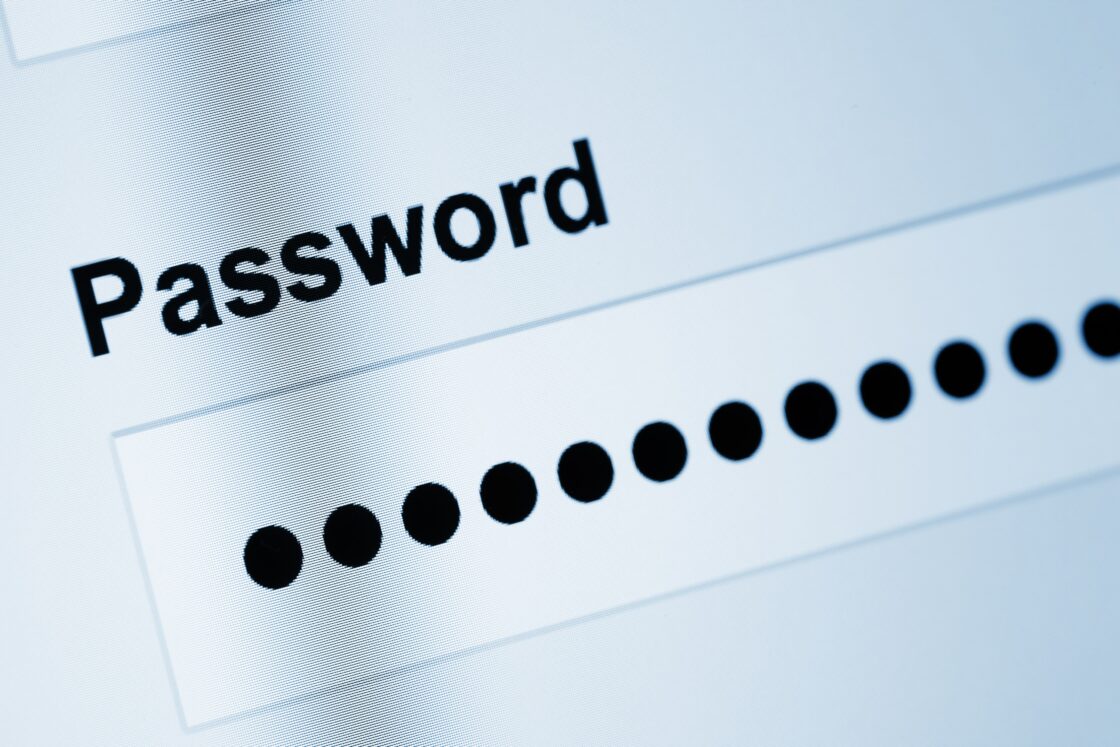Here’s a fact: “90% of passwords can be cracked in less than six hours (Zolkos, 2020).”
So, what happens if they can access an account? Compromised passwords can result in both personal or company reputation and financial loss.
Here’s why.
Hackers use stolen personal information to commit Identity theft:
After gaining access to an account, they steal personal information such as credit card details and use it or take loans in the name of the victim.
Hijack the account:
Hackers take over the account by changing the password causing the victim to lose access and this can be detrimental if it includes their payment details or any other confidential information.
Posing as the user to commit phishing attacks:
Criminals make use of the user’s account to create phishing scams that seem legit to lure more victims to give their credit card details.
Losing data can be costly for companies:
After hackers gain access to businesses’ accounts, they can leak data to competitors, exchange it for monetary gains, have full control over customer payment information, company’s confidential emails, and many more. These will result in the loss of revenue, brand reputation, and intellectual property. Such data breaches will cause a devastating impact on companies especially for small and medium-sized businesses (SMEs). SMEs are less likely to have stringent cybersecurity measures that guard against the use of previously compromised passwords, and they are also less likely to expect that their business will be on Threat Actors’ radar.
To prevent impersonation, we have collated 5 easy password security tips for you!
Consult your IT department today to learn more about cybersecurity. Alternatively, if you are still looking for an IT support provider for your business, contact us now for a FREE consultation!



Hackers take over the account by changing the password, leading the victim to lose access, which can be dangerous if the account contains their payment information or any other confidential information. Thank you!